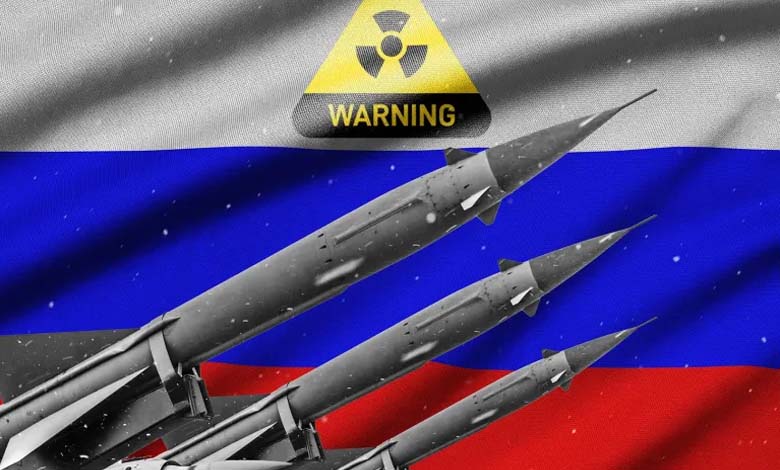An Unwinnable War: A Nuclear Message from NATO to Russia

NATO Secretary-General Mark Rutte stated that the success of the alliance’s recent annual nuclear exercises demonstrated that NATO possesses a credible and effective nuclear deterrent, capable of responding to any Russian escalation or threat under the current circumstances.
In an interview with the German weekly Welt am Sonntag, Rutte said, “The success of these exercises has given me complete confidence in NATO’s nuclear deterrent credibility.” He added, “When Russia uses dangerous and reckless nuclear rhetoric, our citizens should understand that there is no reason to panic, because NATO maintains a strong and unified nuclear deterrence posture.”
He went on to say, “President Vladimir Putin must understand that a nuclear war can never be won and must never be fought.”
Rutte pointed out that these exercises took place at a highly sensitive time, as relations between NATO and Russia have been increasingly strained since the outbreak of the war in Ukraine in 2022. He emphasized that collective nuclear deterrence remains the cornerstone of NATO’s strategy for defending its territory.
Testing nuclear readiness
According to a NATO statement, the drills—known as Steadfast Noon—included air, land, and sea exercises involving several NATO member states. They focused on testing operational coordination and communication systems between nuclear and conventional forces.
Rutte noted that the results of the exercise were “crucial in strengthening confidence in the alliance’s ability to respond to any strategic threat,” adding that NATO “has the capability to deter while remaining committed to avoiding any unnecessary escalation.”
Russian escalation and Western response
For his part, Russian President Vladimir Putin has repeatedly warned the West of “severe nuclear consequences” should Western countries continue supplying weapons to Ukraine.
In October, Putin stated that Moscow could use nuclear weapons if attacked with conventional missiles, noting that Russia would consider any strike from a nation backed by a nuclear power as a “joint attack.”
These remarks, which European officials view as an escalation of Russia’s nuclear rhetoric, come as Moscow continues to expand its strategic capabilities, including deploying Sarmat intercontinental ballistic missiles and testing Burevestnik nuclear-powered cruise missiles.
A clear deterrence message
Rutte stressed that NATO “does not seek confrontation but will not compromise on the protection of its members,” emphasizing that the latest exercises carried a clear message: any attack on a member state would be met with a decisive response.
He added that NATO’s nuclear deterrence is based on transparency and adherence to international treaties, yet remains “the ultimate guarantee of security for Europe and the North Atlantic.”
These exercises come one year after Mark Rutte assumed his position as NATO Secretary-General, at a time experts describe as “the most sensitive since the Cold War,” amid escalating geopolitical confrontation between the West and Russia and growing fears of a renewed arms race stretching from Europe to the Arctic.












